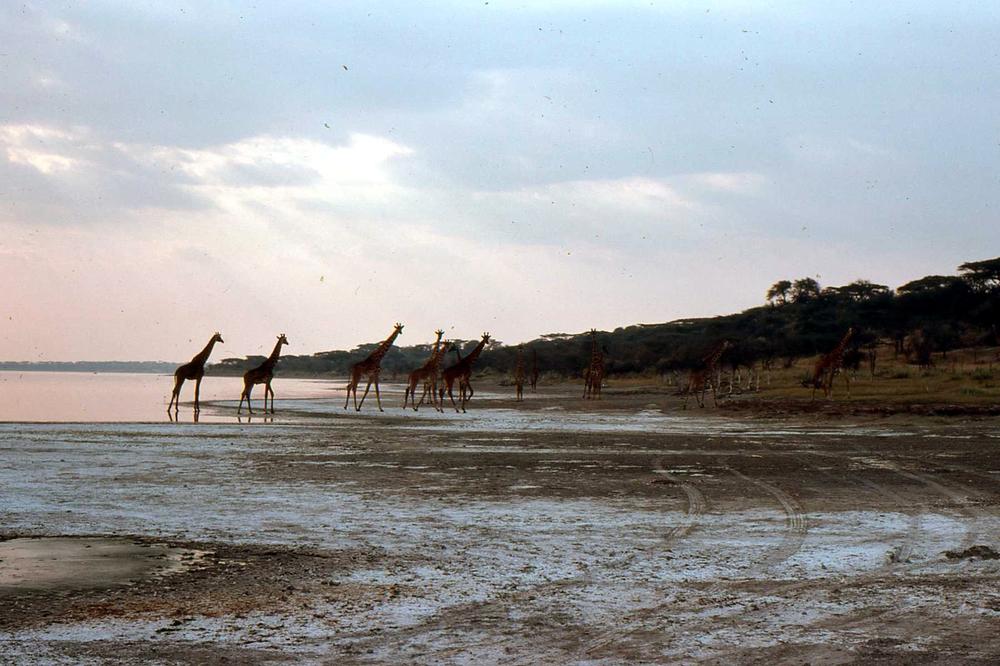Section Branding
Header Content
How Will Humans Survive Climate Change? Homo Erectus Has Some Answers
Primary Content
Global temperatures are on track to rise 3-5 degrees by the year 2100, according to the United Nations Meteorological Organization. That level of climate change is anticipated to negatively impact every aspect of human life — from health to agriculture to the economy.
The last time humans had to adapt to the changing environment on a global scale was hundreds of thousands of years ago, when homo erectus lived in Africa. An international team of geologists and anthropologists, among them Dan Deocampo of Georgia State University, has been studying that period in hopes we might learn from our ancient ancestors about surviving climate change.
On Second Thought host Virginia Prescott speaks with Dan Deocampo.
Deocampo, a geologist and geochemist, has worked on the Hominin Sites and Paleolakes Drilling Project in eastern Africa for years. He joined On Second Thought to share his hypotheses, methods and findings.
Get in touch with us.
Twitter: @OSTTalk
Facebook: OnSecondThought
Email: OnSecondThought@gpb.org
Phone: 404-500-9457


